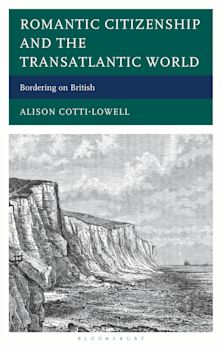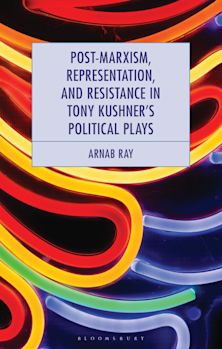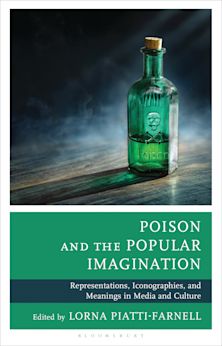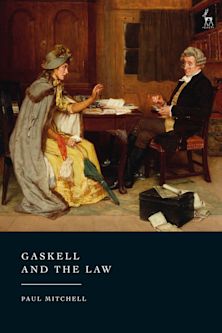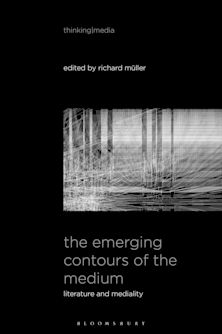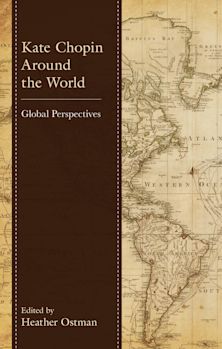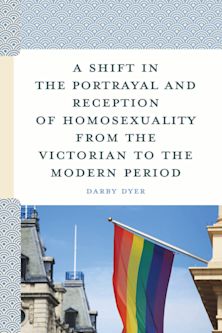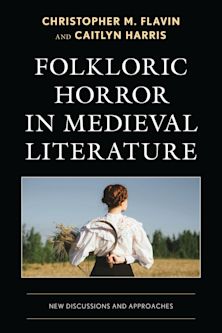- Home
- ACADEMIC
- Literary Studies
- Literary Studies - Other
- Ecotheology and Nonhuman Ethics in Society
Ecotheology and Nonhuman Ethics in Society
A Community of Compassion
Melissa Brotton (Anthology Editor) , Jerry Cappel (Contributor) , David Clough (Contributor) , Celia Deane-Drummond (Contributor) , Robert Gottfried (Contributor) , Kendra Haloviak Valentine (Contributor) , Perry H. Jones (Contributor) , David J. Kendall (Contributor) , Jeffrey Alan Lockwood (Contributor) , Mick Pope (Contributor) , Bryan Ness (Contributor) , Andrew R. H. Thompson (Contributor) , Matthew Valdez (Contributor) , Cristina Vanin (Contributor)
Ecotheology and Nonhuman Ethics in Society
A Community of Compassion
Melissa Brotton (Anthology Editor) , Jerry Cappel (Contributor) , David Clough (Contributor) , Celia Deane-Drummond (Contributor) , Robert Gottfried (Contributor) , Kendra Haloviak Valentine (Contributor) , Perry H. Jones (Contributor) , David J. Kendall (Contributor) , Jeffrey Alan Lockwood (Contributor) , Mick Pope (Contributor) , Bryan Ness (Contributor) , Andrew R. H. Thompson (Contributor) , Matthew Valdez (Contributor) , Cristina Vanin (Contributor)
This product is usually dispatched within 1 week
- Delivery and returns info
-
Free CA delivery on orders $40 or over
You must sign in to add this item to your wishlist. Please sign in or create an account
Description
This book promotes Christian ecology and animal ethics from the perspectives of the Bible, science, and the Judeo-Christian tradition. In an age of climate change, how do we protect species and individual animals? Does it matter how we treat bugs? How does understanding the Trinity and Christ's self-emptying nature help us to be more responsible earth caretakers? What do Christian ethics have to do with hunting? How do the Foxfire books of Southern Appalachia help us to love a place? Does ecology need a place at the pulpit and in hymns? How do Catholic approaches, past and present, help us appreciate and respond to the created world? Finally, how does Jesus respond to humans, nonhumans, and environmental concerns in the Gospel of Mark?
Table of Contents
David Clough
Introduction to Ecotheology and Nonhuman Ethics: A Community of Compassion
Melissa J. Brotton
Part 1: Ecotheology and Nonhuman Ethics
Chapter 1: Animal Rights Revisited
Celia Deane-Drummond
Chapter 2: Whatsoever you do to the least of my brothers: Why it is wrong to harm a fly
Jeffrey A. Lockwood
Chapter 3: Anthropogenic Climate Change and Animal Welfare
Bryan Ness
Chapter 4: The Self-emptying Godhead: Perichoresis, Kenosis, and an Ethic for the Anthropocene
Mick Pope
Part 2: Ecotheology in the South
Chapter 5: Loving the Mountains: Cultivating Compassion for Places
Andrew R. H. Thompson
Chapter 6: An Ecotheology of Hunting
Perry Hodgkins Jones
Part 3: Liturgical Practices and Hymnody
Chapter 7: Singing to Subdue or to Sustain? Looking for an Ethic of Conservation in Christian Liturgical Song and Hymnody
David Kendall
Chapter 8Environmental Advocacy and the Absence of the Church
The Rev. Jerry Cappel
Part 4: Catholic Perspectives
Chapter 9:The Ethics of Virtuous Design
Robert (Robin) Gottfried
Chapter 10:Care and Compassion: The Need for an Integral Ecology
Cristina Vanin
Part 5: Jesus and the Animals in the Gospel of Mark
Chapter 11:Liberating Legion: An Ecocritical, Postcolonial reading of Mark 5:1–20
Kendra Haloviak Valentine
Chapter 12:The End of the Road: Jesus, Donkeys, and Galilean Subsistence Farmers
Matthew Valdez
Product details
| Published | Nov 30 2016 |
|---|---|
| Format | Hardback |
| Edition | 1st |
| Extent | 260 |
| ISBN | 9781498527903 |
| Imprint | Lexington Books |
| Illustrations | 1 Chart |
| Dimensions | 237 x 159 mm |
| Series | Ecocritical Theory and Practice |
| Publisher | Bloomsbury Publishing |
About the contributors
Reviews
-
This is a book to put on your ‘must read’ list. Ecotheology and Nonhuman Ethics offers a significant interfaith conversation on living as an integrated and ‘faithful’ part of the earth community. This collection of essays is a stimulating and thought-provoking read for personal or classroom use, designed to promote thoughtful reflection on the intersection between faith, human relatedness to the whole of creation, and the necessity of an intentional, compassionate lifestyle.
Ginger Hanks Harwood, La Sierra University
-
Environmentalists have many hangups about religion, which is unfortunate since religion has a depth and richness of ecological insight upon which these thinkers might draw. In bringing these various voices back to the environmentalist's table, Melissa Brotton winsomely reminds us that the various religious traditions so often ignored as the cause of all our ecological woes might just actually contain the resources for viable solutions.
Doug Sikkema, University of Waterloo
-
Ecotheology and Nonhuman Ethics in Society provides a map and pathway toward reconciliation with God and a wounded creation. These essays recover and extend conversations in ethics, cultural studies, Christian thought, biblical interpretation, and liturgical studies to show us what ecological stewardship looks like when practiced with humility, repentance, and compassion. The scholars gathered here represent a wide range of academic disciplines and faith communities, but their collective voice is working toward an integrative ecology that would allow all of creation to flourish in worshipful response to the creator.
Chad Wriglesworth, St. Jerome's University












